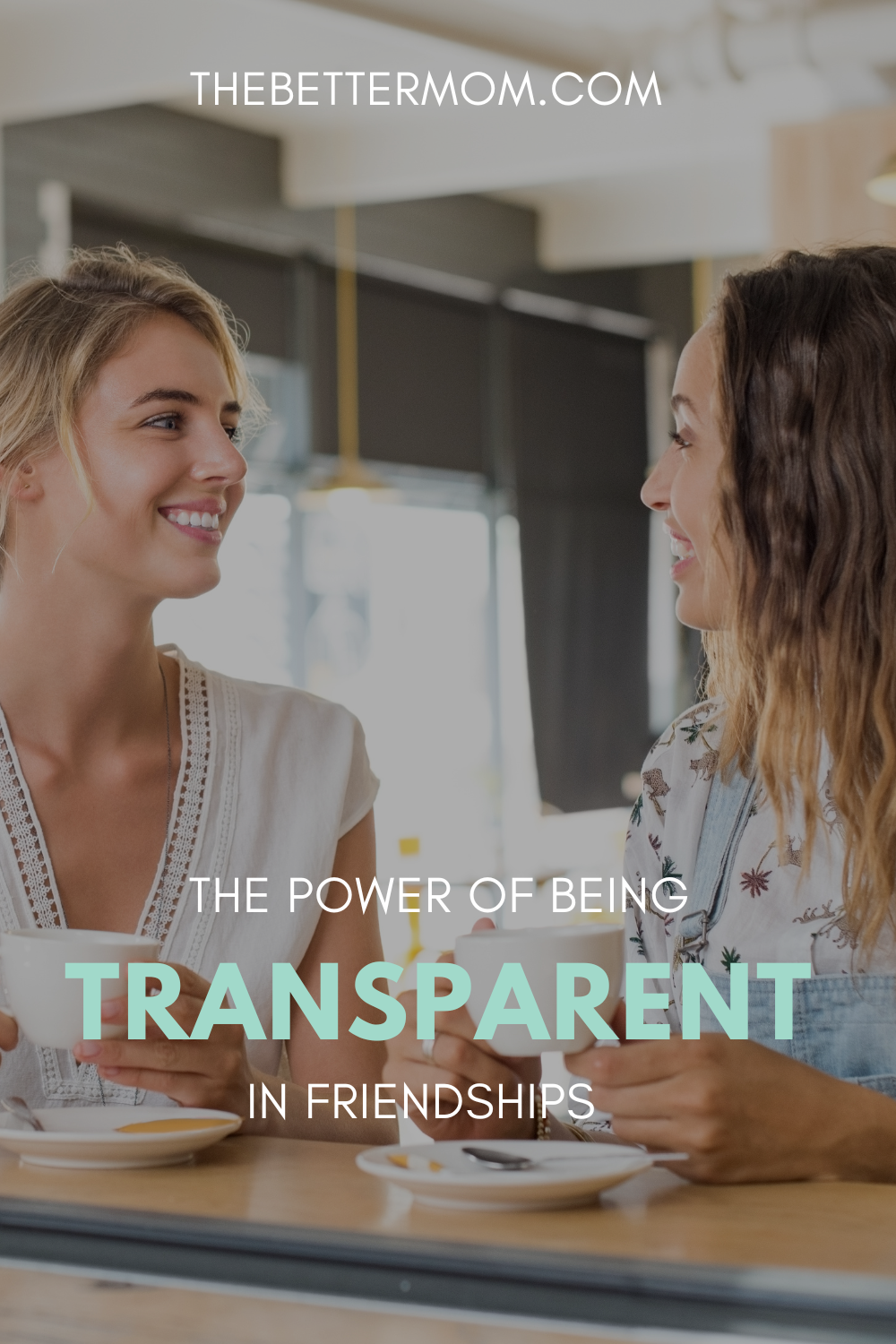The One Thing that Ruins Friendships
Faces peered at me from locations around the state and country, lined up in tidy boxes across my computer screen. It was late afternoon, and I was on a call for a writers group.
“Before we start, I want to ask how everyone is doing,” my friend Nancy said. “I mean really doing. Kristin, let’s start with you.”
I gulped.
“Wow, nothing like putting me on the spot,” I said with a chuckle, trying to hide my nervousness.
“I’m ok,” I continued, forcing a smile. “I mean, distance learning is a big change but my kids like school, so they’re doing ok. My schedule has changed—I have to go to bed early so I can get up early if I want to get any work done—but overall we’re fine.”
I talked a bit more about projects I was doing for work and then we moved on to the next person. One by one, they said variations of the same thing—life was different, but they were managing.
Until we got to one friend.
“I’m not ok,” she said bluntly. “I always struggle with depression, and I’m struggling even more now. This is really hard.”
Like a release valve, her words paved the way for others to open up. One admitted she was struggling with having so many family members home. Another cried over all the changes her family was experiencing.
Watching them, I felt ashamed. I didn’t feel ok either; in fact, I’d almost cried just before getting on the call. I felt overwhelmed by the constant cleaning of my home and feeding of my kids, by trying to juggle my mounting work projects and the kids’ school, all while trying to be optimistic and upbeat to give my family a sense of normalcy in an uncertain world.
But I hadn’t been brave enough to say any of those things.
The one phrase that ruins friendships? “I’m fine.”
“I’m fine” doesn’t invite our friends to go deeper or ask more questions; it halts the conversation in its tracks. And we—and our friendships—suffer as a result.
Saying “I’m fine” does nothing but isolate us and compound the problem. When we aren’t honest about how we’re really doing, no one will follow up with us later or check in on us. We won’t get the accountability we might need to make a change. We won’t be the subject of prayers we desperately need, receive the encouragement that this too shall pass, or gain the reassurance that we’re not alone in the midst of it. And, if we have friends who are struggling themselves, we’ll make them wonder if they’re alone in feeling overwhelmed.
Resolving to be truthful about how we’re feeling—even when it makes us feel a sense of shame or inadequacy—doesn’t just honor the intimacy of deep friendship, it honors God. As Proverbs 24:26 reminds us, “An honest answer is like a kiss of friendship” (NLT). Or, as The Message puts it: “An honest answer is like a warm hug.” I don’t know about you, but I could use a hug these days.
After the meeting finished, I signed off but felt convicted. Opening my email, I sent Nancy a follow-up message to tell her that yes, I was ok—but I was also worried about all the work I had to get done and the timeframe I had to do it in. I asked for prayer. And I thanked her for checking in on those around her. She’s a good friend.
The next time a friend asks how we’re doing, let’s resolve to say more than “I’m fine,” even when it’s hard—especially when it’s hard.
Lord, thank you for friendships. Thank you for women who ask hard questions but provide a soft place to land when we answer honestly. Give us the courage to face each day knowing that we’re never alone. Thank you for demonstrating the kindness and love we need; help us to embrace it and pass it along to others. Amen.
For more on friendship, check out Kristin’s new devotional, The One Year Daily Acts of Friendship devotional. It’s releasing October 2020.
Share this post:








